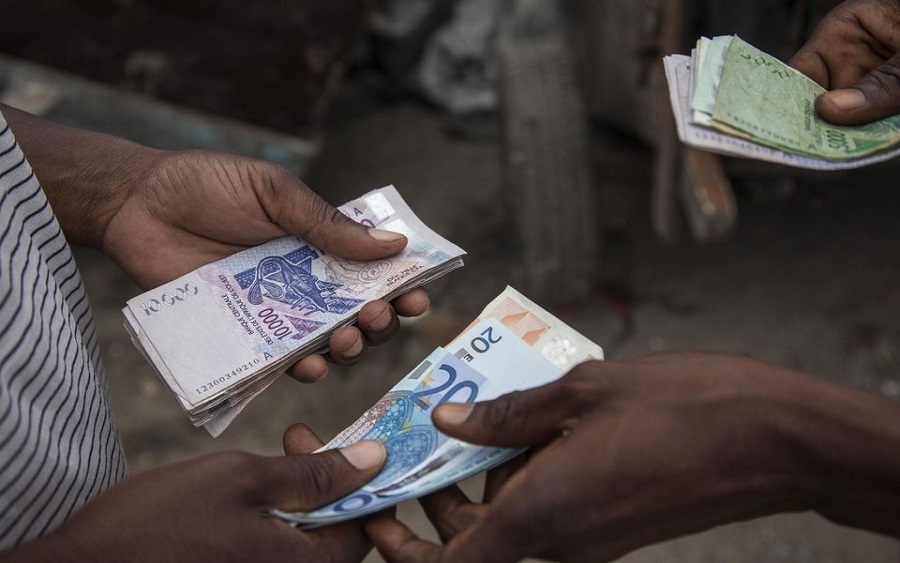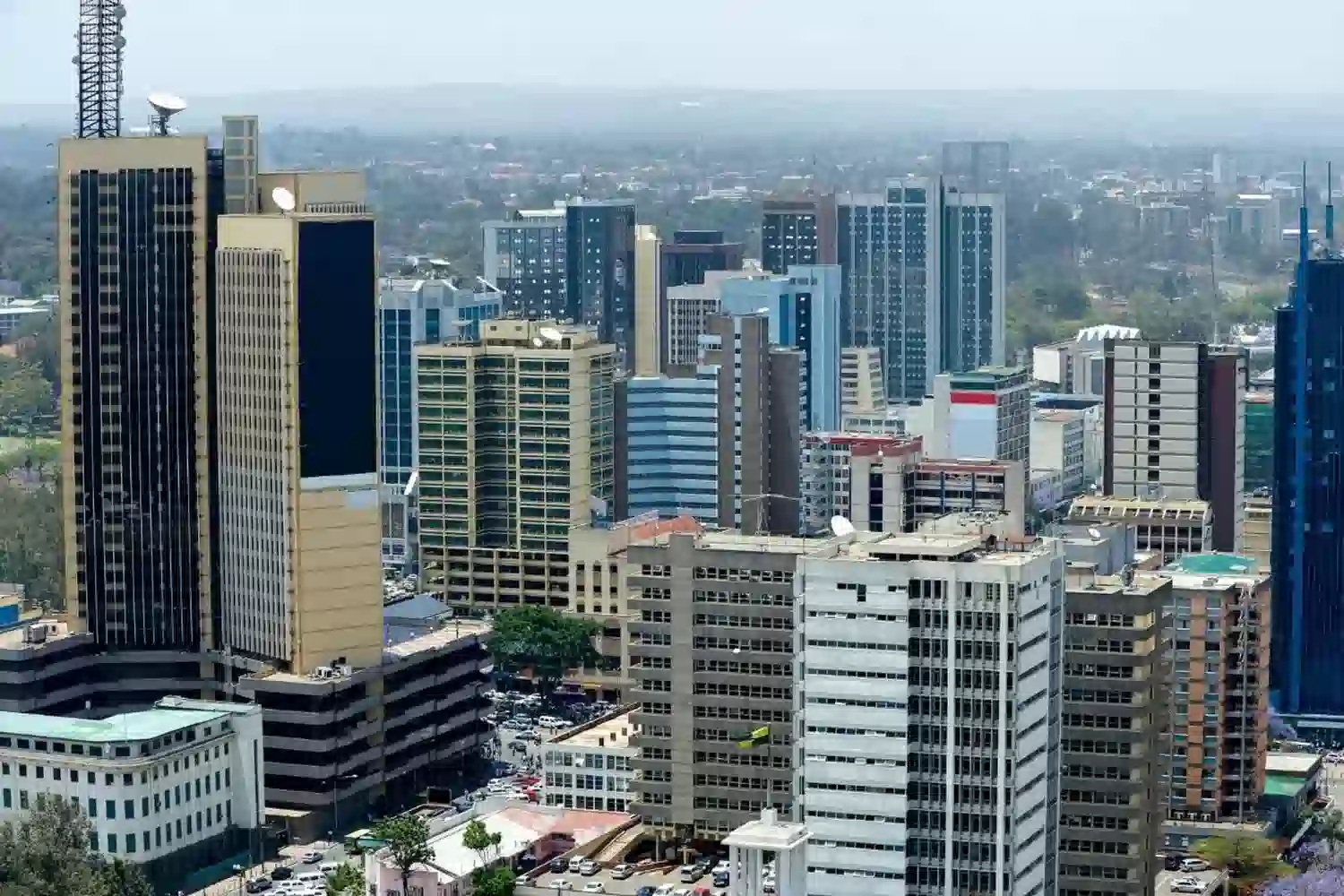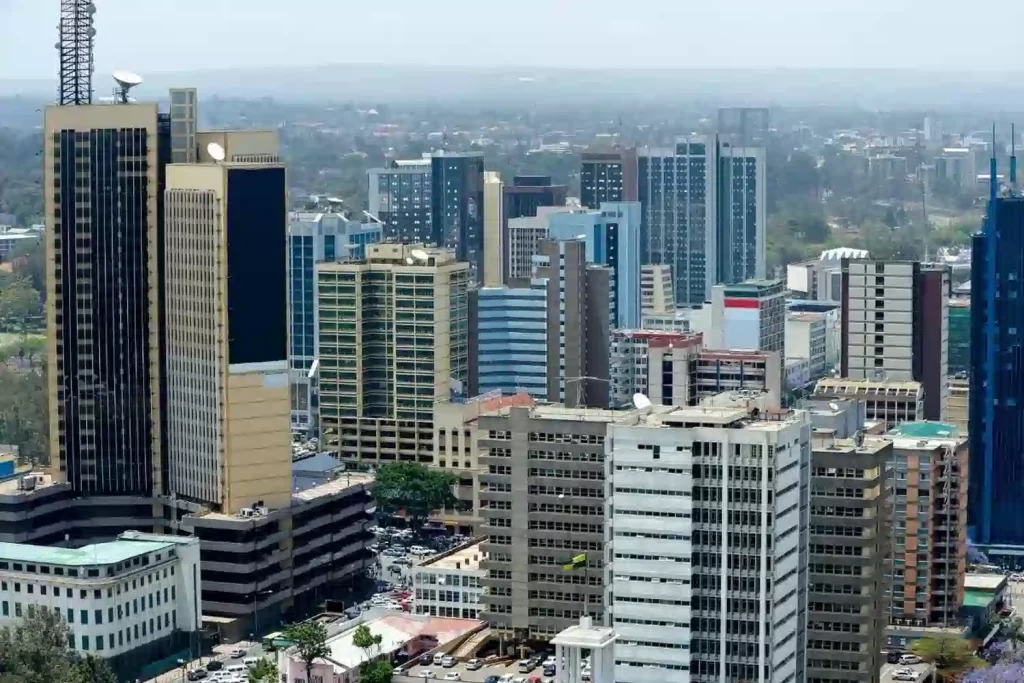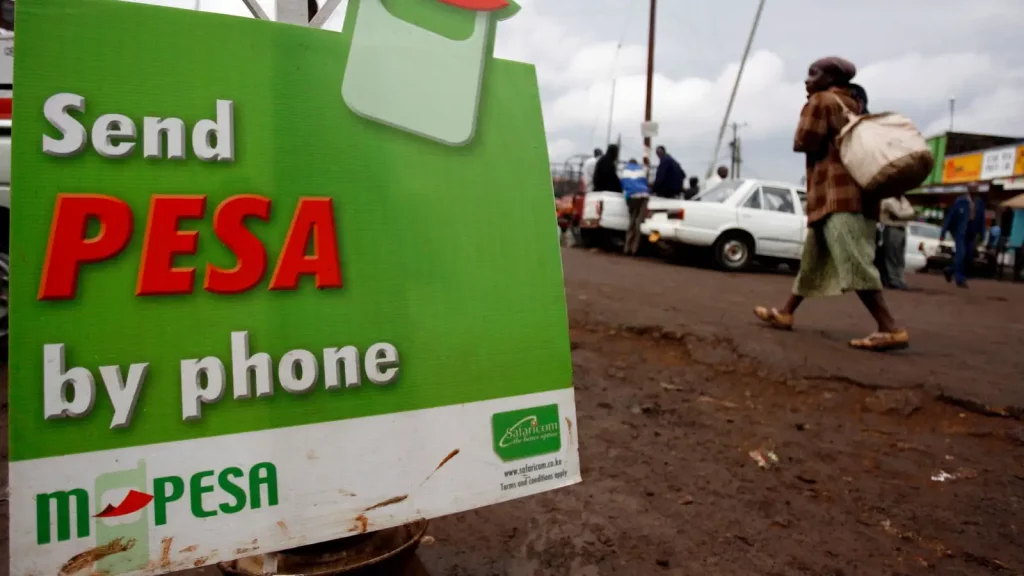By Johanna Monthe and Boris Awa
While many acquisitions are being witnessed in Anglophone Africa in recent years, the rate is quite low in Francophone Africa. This low rate in VC and M&A has often been attached to a language barrier and the fact that the business ecosystem which operates in this zone has not been adequately grasped by foreign investors.
However, M&A has witnessed a steady rise in Francophone Africa in the past years, as investors and entrepreneurs acquire companies in the region. Meanwhile, it is crucial to be aware of some peculiarities in Francophone Africa. Below are two important remarks to be considered before acquisition in this zone.
The Requirements of the Acquisition Instrument
Just like in Anglophone Africa, the acquisition of a company requires the parties to draw up a share purchase agreement for their transaction. While the anglophone counterparts have relative freedom to set the conditions best suited for them, investors dealing in some Francophone countries may have to look out for certain terms and conditions before signing.
In some countries in the region such as Togo, documents signed electronically are not accepted by the tax authorities for registration purposes. Though OHADA (OHADA is the Organisation in charge of harmonising business law in Francophone Africa and comprises 17 member states) admits electronic documents/signatures, most member states still remain conservative. On the contrary, documents signed electronically are acceptable in other countries such as Cameroon, Côte d’Ivoire, and Senegal among others.
In addition, interestingly, certain authorities will require the share purchase agreements to be subject to their local laws before accepting to register them locally. Some member states will require a certificate of residence of the acquirer of at least 30 days in the country before the incorporation or acquisition documents could be filed locally.
Also, there is a progressive tax imposed on the purchase price of the target company. In some jurisdictions, the Tax authorities impose a compulsory registration fee of up to 12% on the purchase price of the company and 7% on capital gains. In Cote d’Ivoire, the tax imposed is 1% of the purchase price of the company.
The Register for Trade and Security
Prior to filing the acquisition instruments, the share purchase agreement must be registered at the taxation department of the place where the company is legally registered. The OHADA lawmakers have put in place the Register for Trade and Security (the “Register”) where all company documents and securities recognized by OHADA law must be filed. The incorporation or acquisition of a company is finalised upon filing the required documents at this Register.
An aspiring investor who wishes to acquire a company in an OHADA member state must first check the registration information of the company at the Register. This Register is found in all 17 member states and can generally be found in the courts of first instance.
For the creation of companies, some member states such as Togo, Cameroon, and Cote d’Ivoire have created one-stop shops which permit the creation of the Private Limited Company (SARL) in a few days, subject to such companies keeping a share capital below 1 million CFA.
There is an ongoing process to digitalise the Register across the 17 OHADA member states, to allow verification of companies through one portal (https://rccm.ohada.org/prsCompany/index?typePrs=M), however, this project is yet to be finalised.
In conclusion, it is worth noting first that the regulations applying to the acquisition of companies in Francophone Africa are quite heavy on the buyer and secondly that the corporate rules of acquisition do not vary much from one OHADA member state to another. This explains why most investors must be aware of these exigencies before considering expansion into Francophone Africa.




















